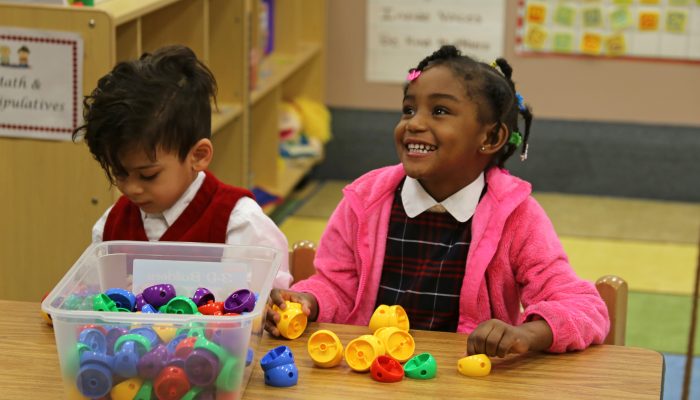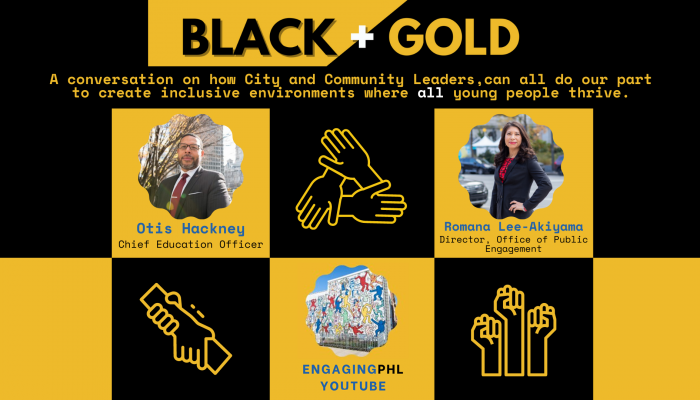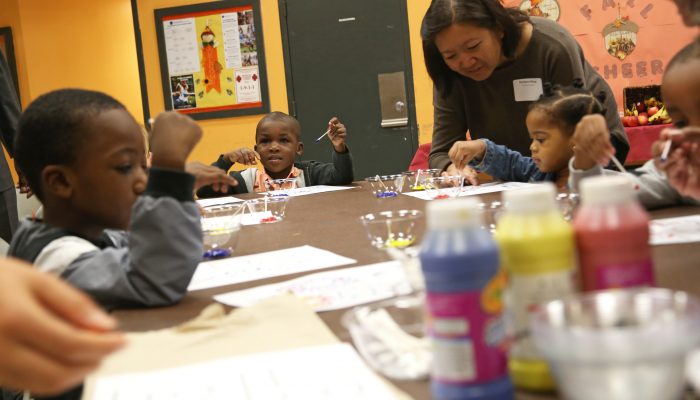When choosing a pre-K program for your child, it can be easy to get overwhelmed with the different options out there. It is important to choose a quality program that will help prepare your child for kindergarten and for further academic success. Here are 10 things to look for in a quality pre-K program:
1. Safety measures. The program should have a posted emergency plan. They should also be able to tell you about their sanitary measures in the kitchen, bathrooms, and classroom. All staff will be trained in CPR, first aid, and in preventing, recognizing and reporting child abuse. Parents can research providers on COMPASS to check their state licensing and inspection status.
2. Trained staff members. Teachers should have a minimum of an Associate’s degree in Early Childhood Education or a similar field. Highly trained staff members are more likely to engage children in educational activities.
3. A Keystone STARS rating of STAR 3 or STAR 4. Keystone STARS (Standards, Training/Professional Development, Assistance, Resources) provides families with a tool to gauge the quality of early learning programs. Programs are given a rating from 1 to 4, with STAR 4 being the best. If a program is below STAR 3, ask them what their plans are to increase their STARS level over the next year. Parents can research providers on COMPASS to check a provider’s STARS level.
4. Lesson plans based upon PA Learning Standards. A quality pre-K program will have specific learning goals for the children. The students will be challenged in a play-based curriculum and be prepared to enter kindergarten.
5. Careful attention to the whole child. A typical day for the student will include a mixture of active play, reading, quiet time and relaxing. All of these things help to fulfill the child’s academic, physical, social, and emotional needs.
6. Parent engagement. There should be open communication between the program and parents. Are there conferences that occur throughout the year so that parents know how their child is performing? A quality pre-K program also seeks to engage parents and create a transition plan for kindergarten.
7. A child-friendly environment. All furniture used by the students should be child sized and easily accessible.Toys and books are developmentally appropriate for pre-K age children.
8. Small ratios. In order to encourage a productive learning environment, there should be a ratio of at least 1 teacher to every 10 students.
9. Positive atmosphere. Children and adults should feel welcome when they visit the program. Teachers should create an environment where children can have friendly interactions where they are encouraged to work together.
10. Kindergarten transition plans. To make sure your child reaps the most benefits from going to pre-K, programs should provide an individualized kindergarten transition plan to make sure you and your child are ready when it’s time for kindergarten!




